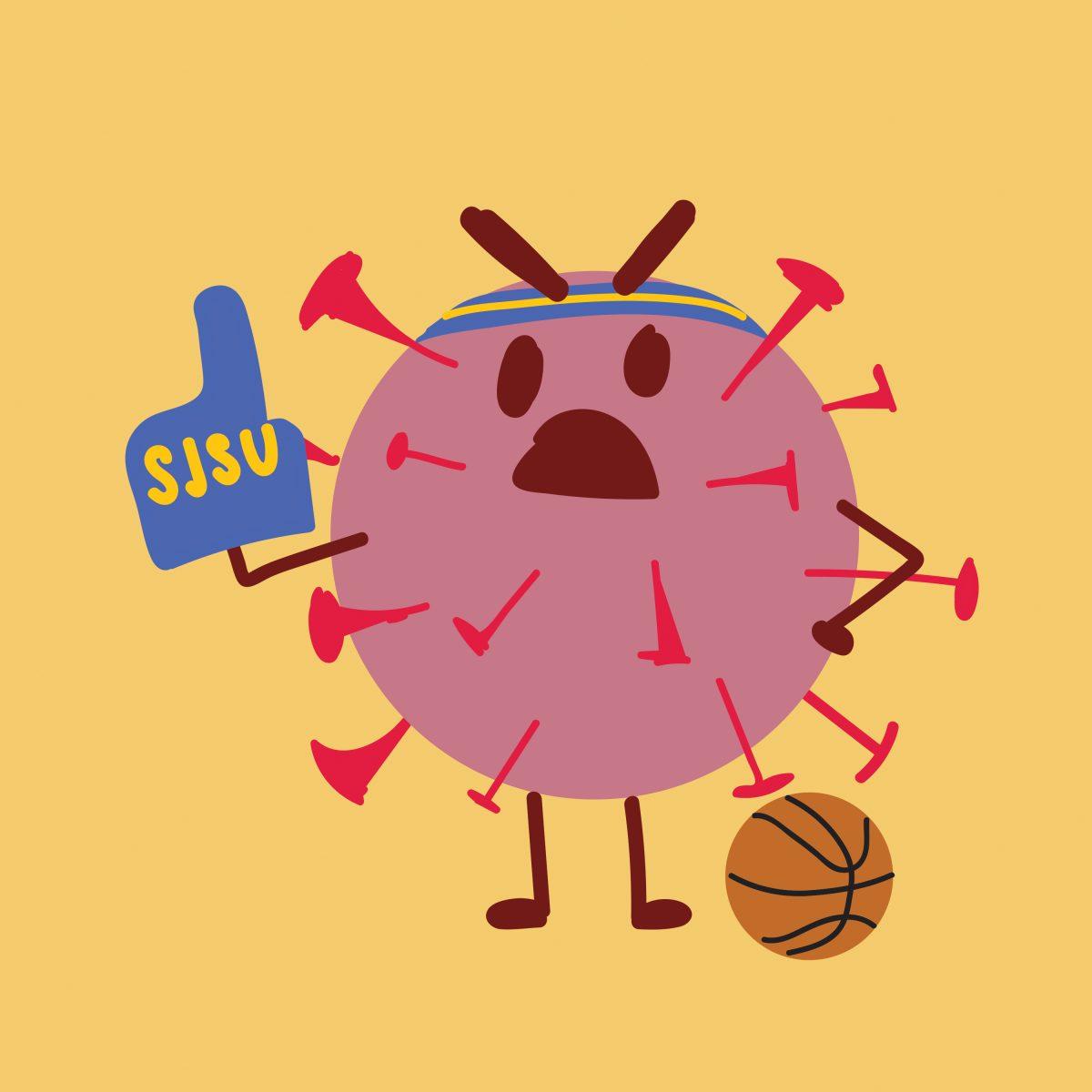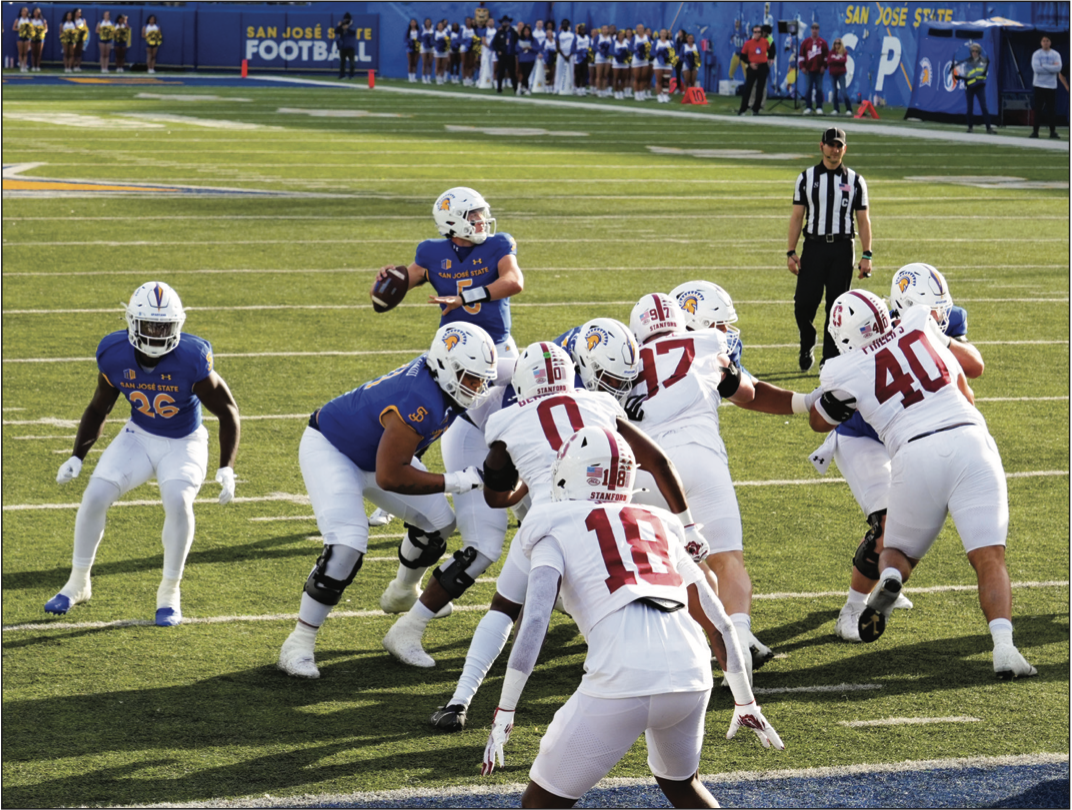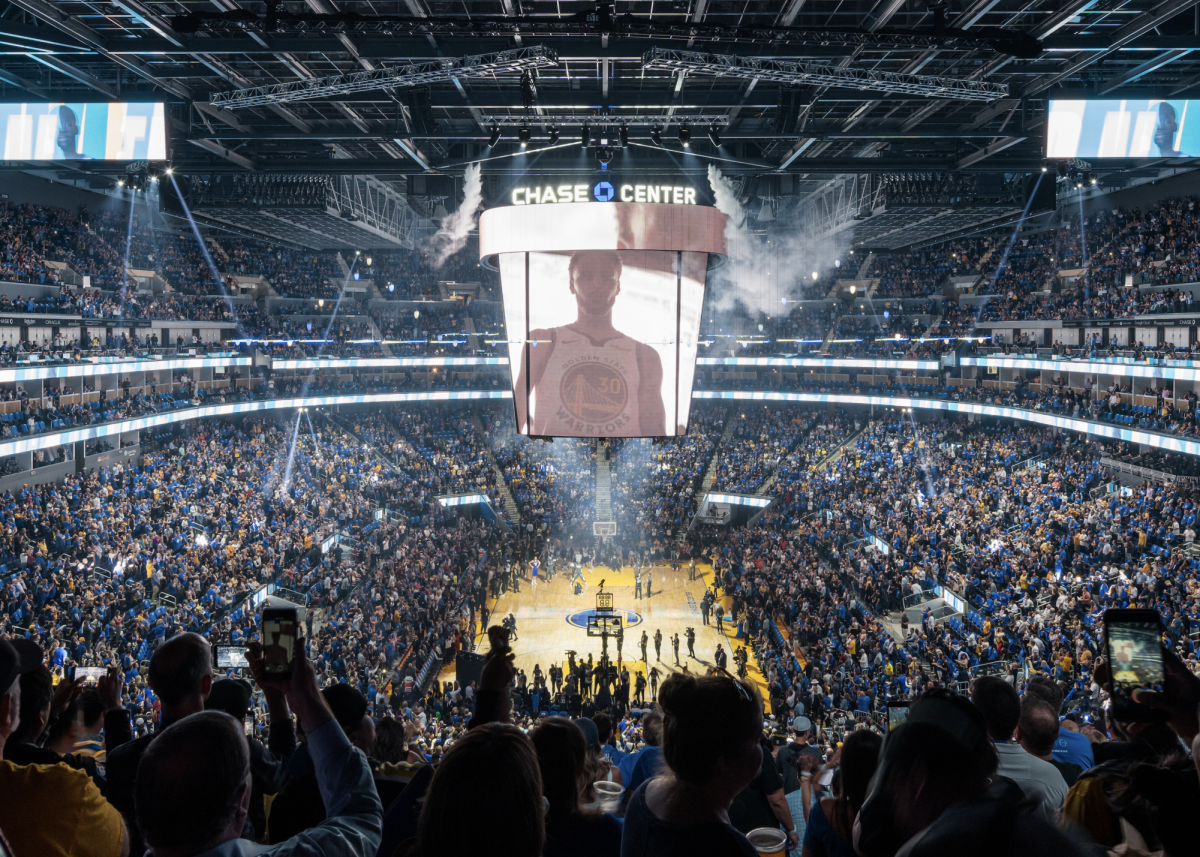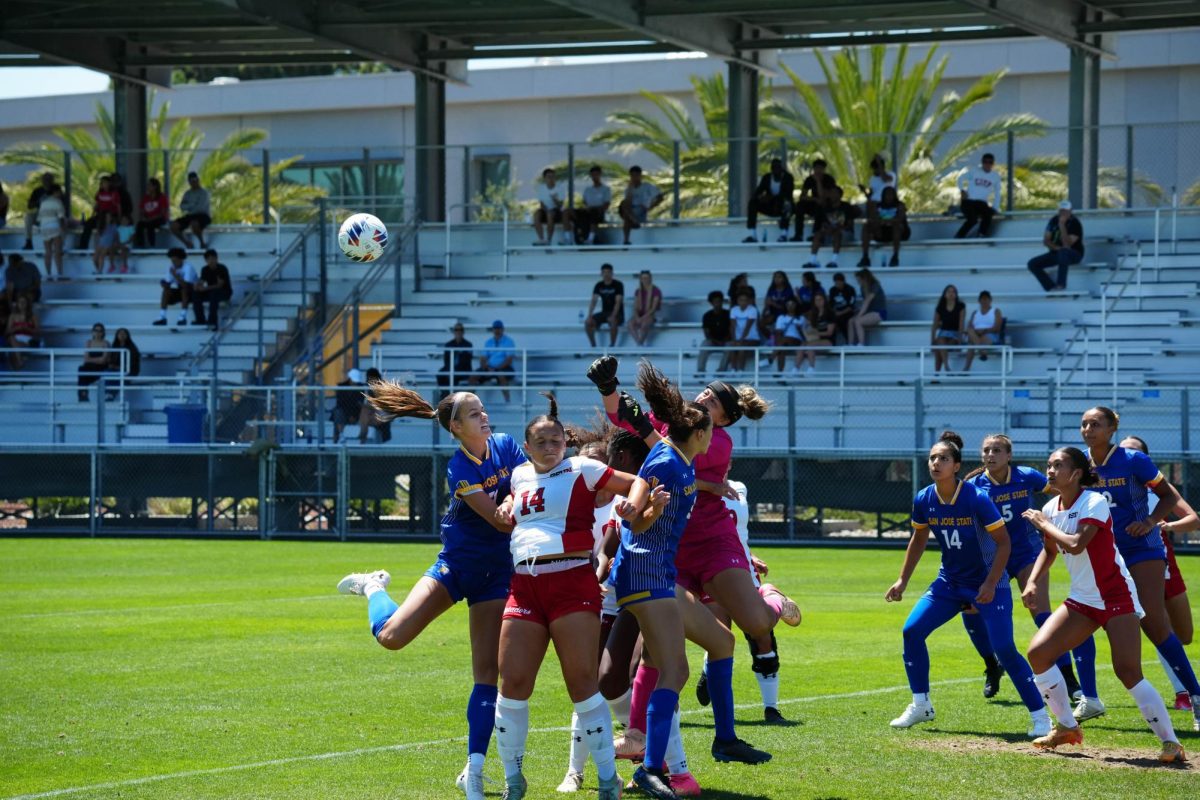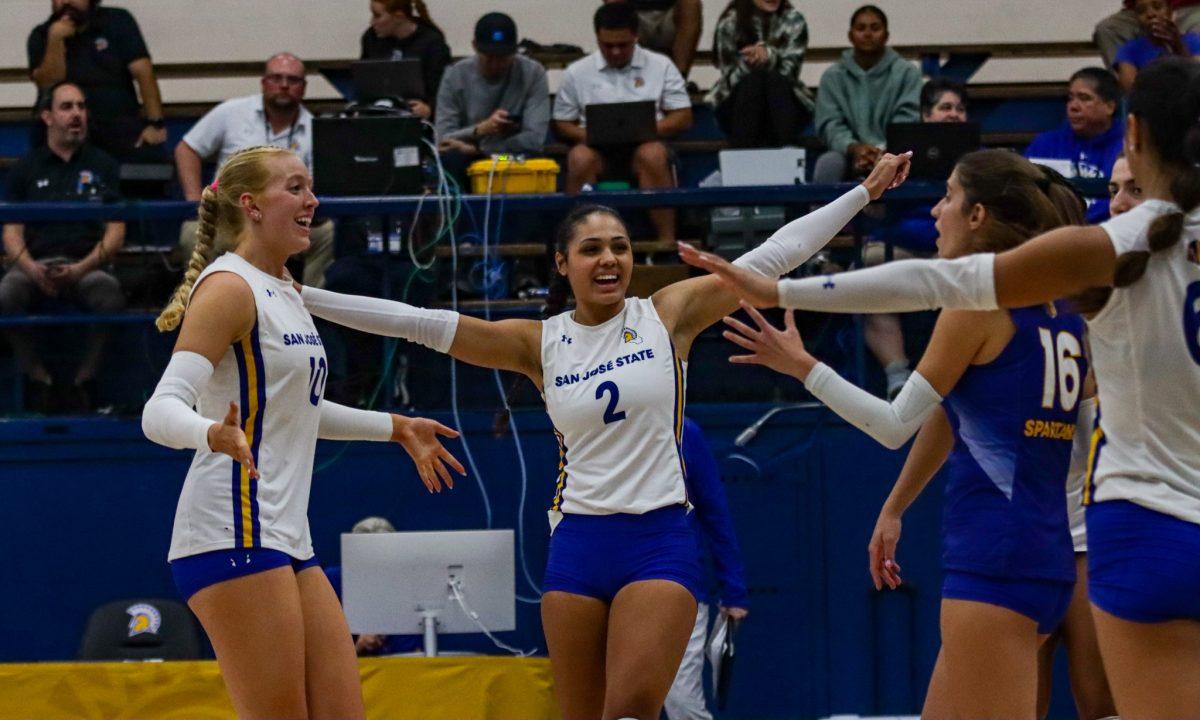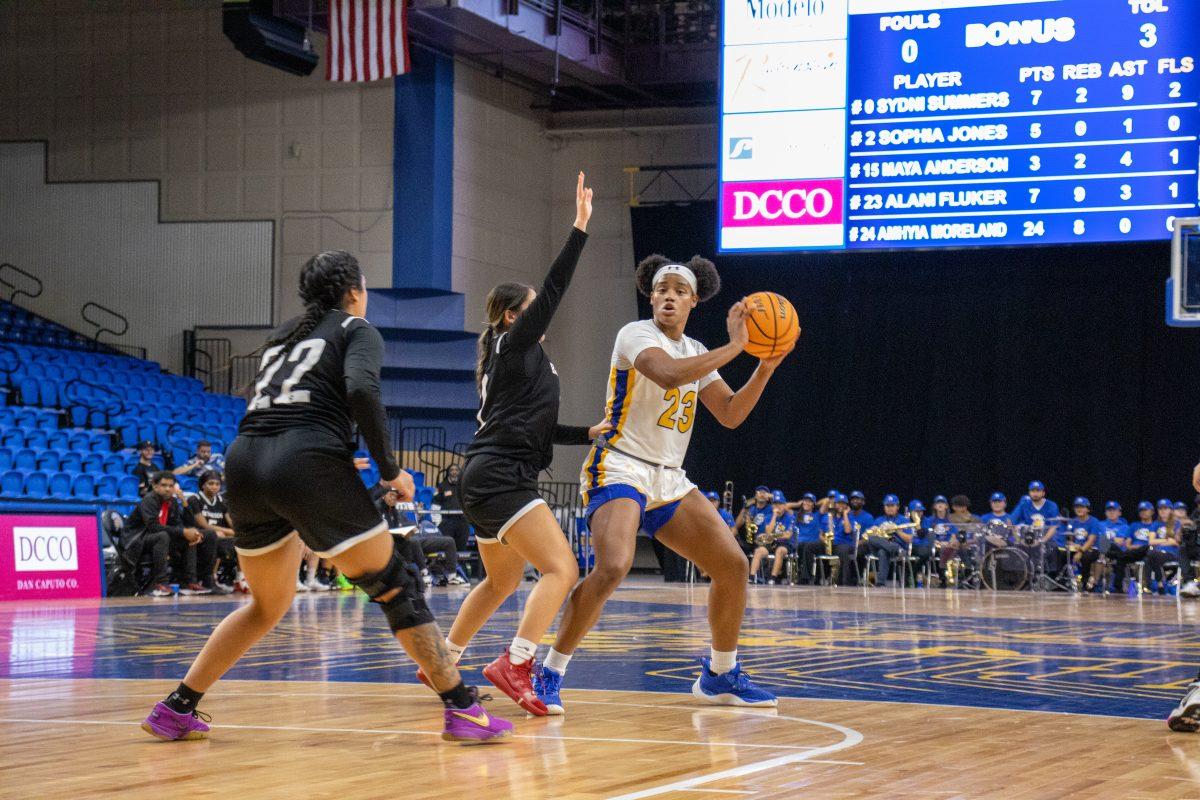Remember on March 11 when a Utah Jazz team doctor rushed onto the court in Oklahoma City, stopping the team’s game against the Thunder because Rudy Gobert tested positive for the coronavirus?
That was only eight days ago. It feels like it’s been an eternity.
Sports serve as a distraction to us, so during a time when most are self-quarantined with nothing to do, there’s an obvious void. But don’t let your boredom cloud your judgment. The cancellation of most sporting events for the foreseeable future wasn’t just a good call — it was the only call.
Some would argue that the games and events could still be held, just with no fans in attendance. The WWE is continuing to do that, with its recent announcement that WrestleMania will continue at its performance center in Orlando on April 5.
But contrary to the apparent belief of many sports enthusiasts, fans in the stands aren’t the only people that can contract coronavirus. The continuation of sports puts the athletes at risk as well.
As of Wednesday, there are seven NBA players that have tested positive for COVID-19, more than any other professional league or college conference in America. This includes household names like Utah Jazz guard Donovan Mitchell and Brooklyn Nets forward Kevin Durant. And that’s without most teams being tested.
Not only do these players and others in different sports participate in physical games that surely violate the new societal guideline of social distancing, but logistically there are simply too many risks to having these competitions continue.
According to the Associated Press, four players on the Brooklyn Nets, including Durant, tested positive.
In March, the Nets played five games. Two of them were on the road. This means that twice, the team boarded planes, took bus rides, stayed in hotels, ate in restaurants and did whatever else people do on a work-related trip.
Plus, NBA players are among the most recognizable athletes on earth. Just the thought of how many fan interactions the Nets have in Brooklyn while going about their daily lives makes me want to wash my hands.
That alone is a frightening thought. The players could have passed the virus onto anybody, and that’s not even considering that they played in games and shared physical contact with other players. Not to mention, the arenas they play in often host concerts or other sports like hockey.
Now, compare this to collegiate athletics.
More than likely, there is at least one NCAA athlete with coronavirus, whether they know it or not. That person’s classes are now probably online. So now, they’re going home to see their parents or other family members, who could be at risk.
Continuing to have these events would be irresponsible and reckless. As much as we might miss sports, we need to remind ourselves that athletes are just like us. They have families and friends that could be high-risk, just like we do.
In times like this, we need to look out for each other. And when this all blows over, I’ll catch you at the bar, beer in hand, while we cheer on our favorite teams.
See Senior Staff Writer Kellen Concentine’s opinion on continuing to play games without fans.





































